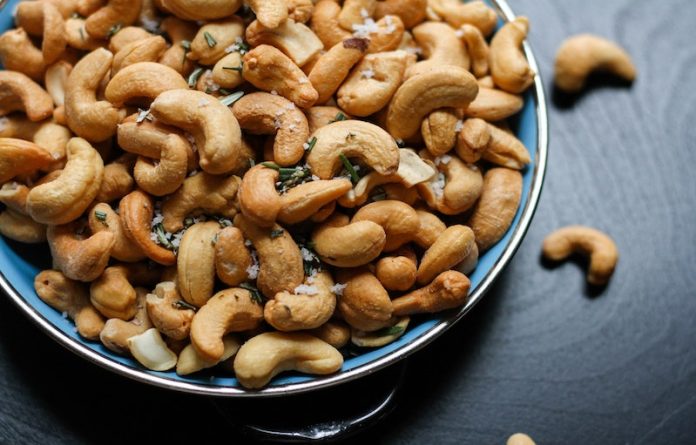
Type 2 diabetes is a chronic condition characterized by high blood sugar levels due to the body’s inability to effectively use insulin or produce enough insulin to regulate blood sugar levels.
Insulin is a hormone produced by the pancreas that plays a crucial role in regulating blood sugar levels in the body.
When a person has type 2 diabetes, their cells become resistant to the effects of insulin, and the pancreas is unable to produce enough insulin to compensate for this resistance.
As a result, glucose (sugar) builds up in the bloodstream, leading to high blood sugar levels.
Insulin resistance is often linked to other health conditions, such as obesity, high blood pressure, and high cholesterol levels.
These conditions can make it more difficult for the body to effectively use insulin and can further worsen insulin resistance.
In a new study from the University of Balearic Islands and elsewhere, scientists found that eating cereals, legumes, and nuts may improve insulin function in type 2 diabetes.
These foods are rich in a natural compound called myo-inositol hexaphosphate (InsP6, phytate) and could help people with type 2 diabetes.
Phytate has been shown to have various health benefits, including reducing the risk of certain types of cancer and cardiovascular disease, as well as improving bone health. Additionally, phytate has been studied for its potential role in managing blood sugar levels and reducing the risk of type 2 diabetes.
One of the ways that phytate may be beneficial in the context of diabetes is through its effect on insulin sensitivity.
Insulin is a hormone that is produced by the pancreas and is responsible for regulating blood sugar levels by facilitating the uptake of glucose from the blood into cells where it can be used for energy. In people with type 2 diabetes, the body becomes less responsive to insulin, resulting in high blood sugar levels.
Phytate has been shown to improve insulin sensitivity in animal studies, and some human studies have suggested that phytate-rich diets may be associated with a reduced risk of type 2 diabetes.
Additionally, phytate has been shown to have anti-inflammatory effects, which may also be beneficial in the context of diabetes, as chronic inflammation is associated with insulin resistance and the development of type 2 diabetes.
The scientists knew that a hormone called adiponectin, produced by fat cells, helps improve insulin sensitivity and that phytate had shown some beneficial properties for people with diabetes.
Adiponectin is a hormone primarily secreted by adipose tissue (fat cells) that plays a crucial role in regulating glucose metabolism and insulin sensitivity.
It is involved in the regulation of energy metabolism, inflammation, and vascular function. Adiponectin levels are generally lower in individuals who are obese or have type 2 diabetes.
In contrast, higher levels of adiponectin are associated with improved insulin sensitivity, reduced inflammation, and lower risk of heart disease.
Therefore, increasing adiponectin levels has become a target for the prevention and treatment of metabolic disorders such as type 2 diabetes.
In the study, the researchers assigned 39 people with type 2 diabetes to either take phytate supplements daily for three months or not take any supplements at all.
They measured the people’s levels of certain inflammatory markers and classic vascular risk factors, as well as their urinary phytate, before and after the intervention.
The results showed that those who took the InsP6 supplements had higher levels of adiponectin and lower levels of HbA1c, a marker of long-term blood sugar control, than those who did not take the supplements.
However, there were no differences in the levels of other inflammatory markers tested.
In conclusion, this study suggests that a phytate-rich diet, which includes foods like cereals, legumes, and nuts, can have beneficial effects on adiponectin and HbA1c concentrations in people with type 2 diabetes.
This could help prevent or minimize complications related to diabetes.
The research was published in Nutrition & Diabetes and was conducted by Pilar Sanchis et al.
If you care about diabetes, please read studies that pomace olive oil could help lower blood cholesterol, and honey could help control blood sugar.
For more information about health, please see recent studies that blueberries strongly benefit people with metabolic syndrome, and results showing Vitamin D may reduce dangerous complications in type 2 diabetes.
Copyright © 2023 Scientific Diet. All rights reserved.





